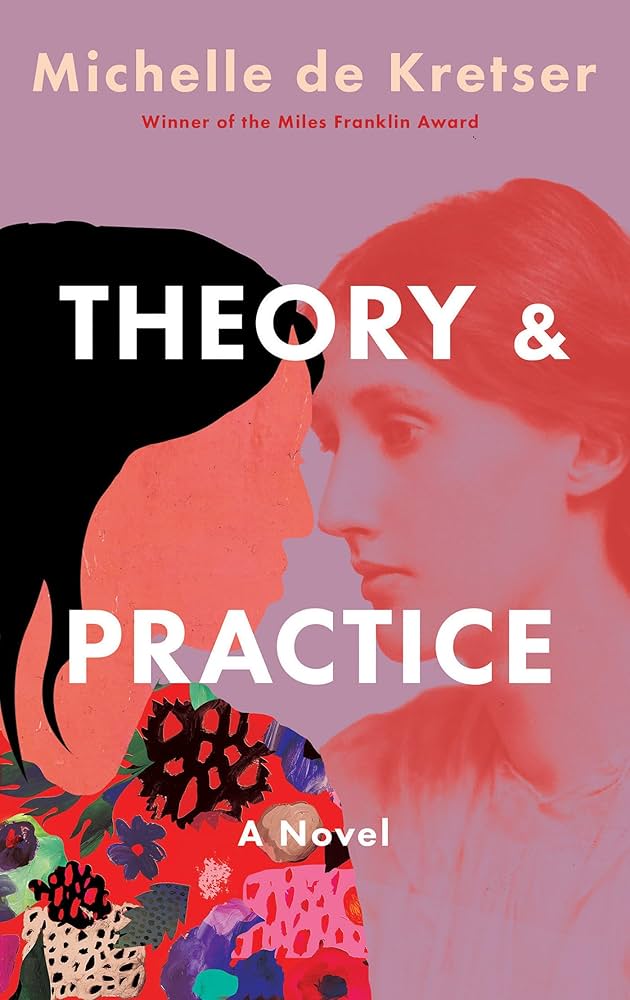Book by JUNOT DIAZ
Reviewed by
 This is How You Lose Her is the title of Junot Diaz’s new short story collection, though it feels most accurate to call it an exposition: this is how you lose her. And this is how you lose her. And her.
This is How You Lose Her is the title of Junot Diaz’s new short story collection, though it feels most accurate to call it an exposition: this is how you lose her. And this is how you lose her. And her.
You get the picture.
As a whole, the book serves as a highly specific, painfully obvious example of how to wind up entering middle age not only single but feeling very alone, the last few decades of your life littered with romances that failed because of you. Because you couldn’t stop cheating.
I can’t help but use the second person. After all, it’s what Yunior (if you’ve read Drown or The Brief Wondrous Life of Oscar Wao, you know who Yunior is; if you haven’t read either of those works, you’re about to meet him) does in three out of nine stories: address himself in the second person. And what a second person it is: a voice so perfectly tuned it made little reverberations in my head even when I wasn’t reading. It’s like he’s taking himself through the paces of his own history to see if the facts can dredge up some perspective: “You, Yunior, have a girlfriend named Alma, who has a long tender horse neck and a big Dominican ass that seems to exist in a fourth dimension beyond jeans,” he explains at the outset of “Alma.” He spends most of the story reliving the details of his relationship with Alma, claiming, “It’s wonderful! Wonderful! Until one June day Alma discovers that you are also fucking this beautiful freshman girl named Laxmi….”
The problem, of course, is not Yunior’s cheating but rather the fact that Alma discovers it. That’s the way most girls and women are lost to Yunior: he’s unfaithful, and sooner or later they leave him for it.
Some relationships end on a different note. “Miss Lora,” for example, is the story of Yunior’s affair with a high school teacher. Most of the story unfolds while Yunior is still in high school; he’s dating a girl named Paloma who refuses to sleep with him because she’s afraid of making a single mistake, afraid of pregnancy, afraid of anything that might jeopardize her plans for college and independence. Yunior thinks his cheating must be genetic. It’s easy to see why he would think so: when he was little his father used to leave him in the car so he could visit his girlfriends; when he was a pre-teen, his older brother Rafa used to bring girls into their shared bedroom.
Yet Miss Lora is no mere sucia: “You wonder if she feels like you do. Like it might be love,” Yunior says. Miss Lora wants to help him: she brings him college brochures and tries to get Yunior to talk about his brother. She knows about his girlfriend but she doesn’t mind, or says nothing to that effect. She knows she’s Yunior’s secret and she seems as content with her lot as Yunior is with hiding her from nearly everyone. But taken as a whole, “Miss Lora” is the story of not one but two losses: there’s Paloma, who’s hardworking and generous and true, who admits she’s “terrified that if she got pregnant she wouldn’t abort it out of love for [Yunior],” and whose disappearance from Yunior’s life seems natural, the way it was always going to be. And then there’s Miss Lora, who claps through both his high school and college graduations, whom he doesn’t keep track of well enough to know where to look when he decides to look for her, whose disappearance from his life may have seemed natural, but whose ongoing absence does not.
“Flaca” is the only example of second person narrative that Yunior doesn’t direct at himself. “It wasn’t supposed to get serious between us,” he claims. “I can’t see us getting married or nothing and you nodded your head and said you understood. Then we fucked so that we could pretend that nothing hurtful just happened.” Flaca is a “whitegirl” Yunior keeps at arm’s length, whose offer for a ride Yunior accepted only the third time around, who would speak to Yunior in Spanish if he let her. Of course it won’t—it can’t—last. How could it, when Flaca has to add, “for whatever it’s worth,” when she tells Yunior she loves him?
Yet Flaca is the only girl to get both a first and last name. There’s something pointed about Yunior giving us her full name. The full name sounds sacred, like Yunior is finally admitting that she was a whole person, more than a nickname he gave her, more than one of many affairs.
Yunior is not present in every story. “Otravida, Otravez” is told from the perspective of a Yasmin, an immigrant who works in a hospital laundry room and whose boyfriend, Ramón, has a wife. When a man at Ramón’s work dies, he wonders out loud what Yasmin would do if it had been Ramón that died, and Yasmin thinks, but does not say, “Exactly what your wife’s doing in Santo Domingo.” What is love, the story asks, when people and places are interchangeable?
Then, in “Invierno,” we get another piece of Yunior’s childhood, the winter his father brought him and his mother and brother to the United States, when his mother is so lonely she begs her sons to talk to her. But they won’t. They’re trapped, too, in a cramped apartment in a winter zone, and ignoring their mother’s needs is, in a backwards way, a way to meet their own.
Girls are lost left and right in This is How You Lose Her, but what’s compelling about it—what stuck with me after I put it down—is the sense of a central loss that Yunior can’t pin on Alma, or Flaca, or Miss Lora, or anybody else. I got the impression that Yunior is searching his memory for her, the most important girl, the girl he was supposed to keep. But which one? He’s had so many! In “The Cheater’s Guide to Love,” the story in which his regret gets as close to a keen as we can expect from our foul-mouthed, female-loving Yunior, she doesn’t have a name. “The Cheater’s Guide to Love” is the last and, if you ask me, most wrenching story in the book. Yunior is middle-aged. His fiancé has found out he was cheating on her and has left him. And then things get worse, and keep getting worse, for so long that the story is broken into sections that are titled by the number of years since the fiancé left him.
He’s so culpable, such a villain of constancy and loyalty, that I was frequently irritated with him: was it really so hard to control himself? But This is How You Lose Her gives us a character that sounds a whole lot like our own guilty selves. Who of us can say we don’t know what it’s like to make the same mistake over and over? It’s a process we only half-understand, a tormenting combination of happenstance and history, ideals and inclinations. We ask ourselves, How did that happen again?
The answer is always unclear. And always it calls for a story.
Melinda Misener is from Portland, Maine, and Northampton, MA. She currently lives in Ann Arbor, where she is an MFA student at the University of Michigan.



